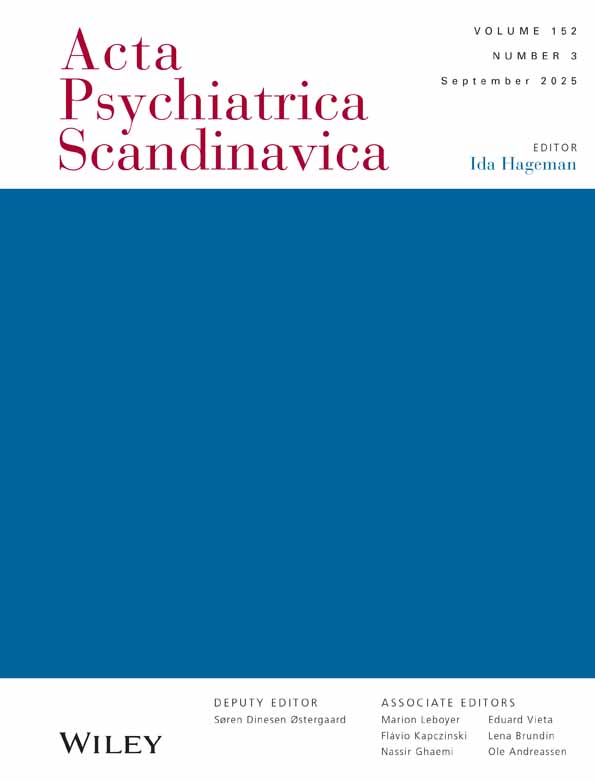Clinical methods in psychiatric genetics: I. Robustness of genetic marker investigative strategies
Abstract
Abstract— Population stratification, secondary effects of illness or treatment, biological heterogeneity of a clinical syndrome, or complex biology underlying a syndrome (where only one component is measured) are conditions which may obscure the association of a genetic risk factor with a clinical syndrome. We consider several investigative strategies under each of these conditions. Only segregation-based paradigms are robust to genetic heterogeneity and population stratification. But secondary effects on the risk factor produced by illness or treatment require other strategies for their detection.




